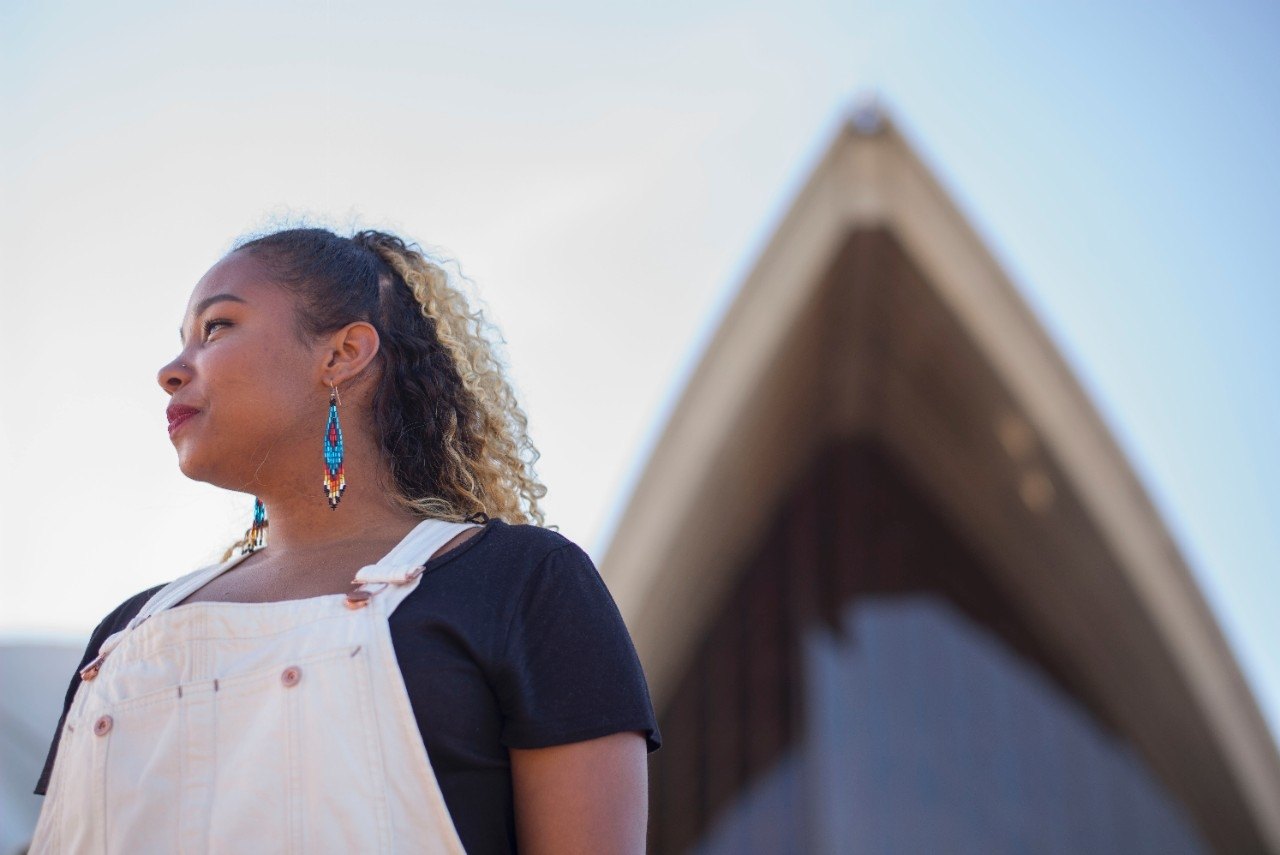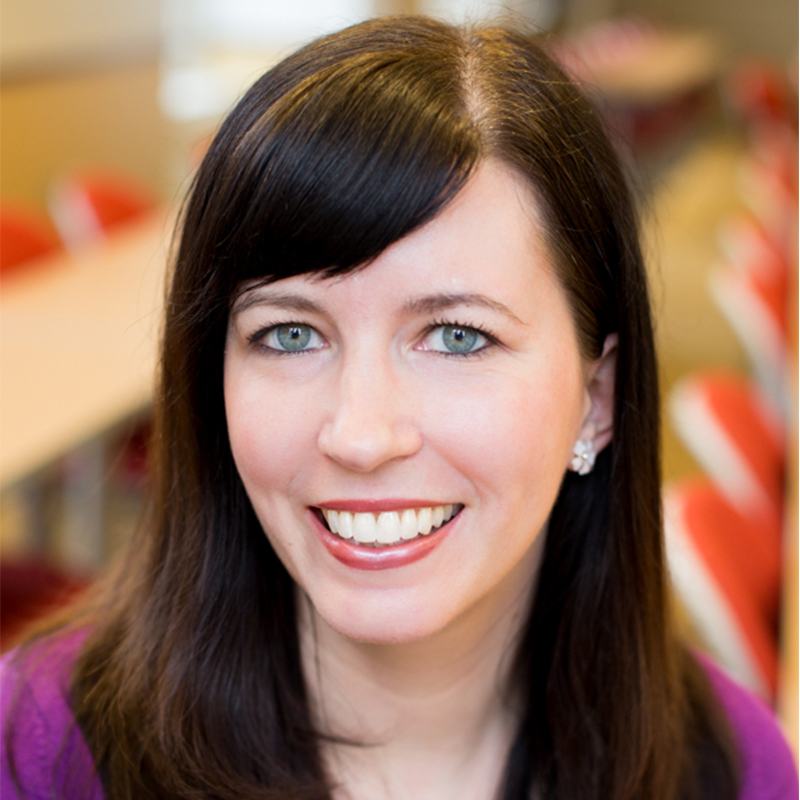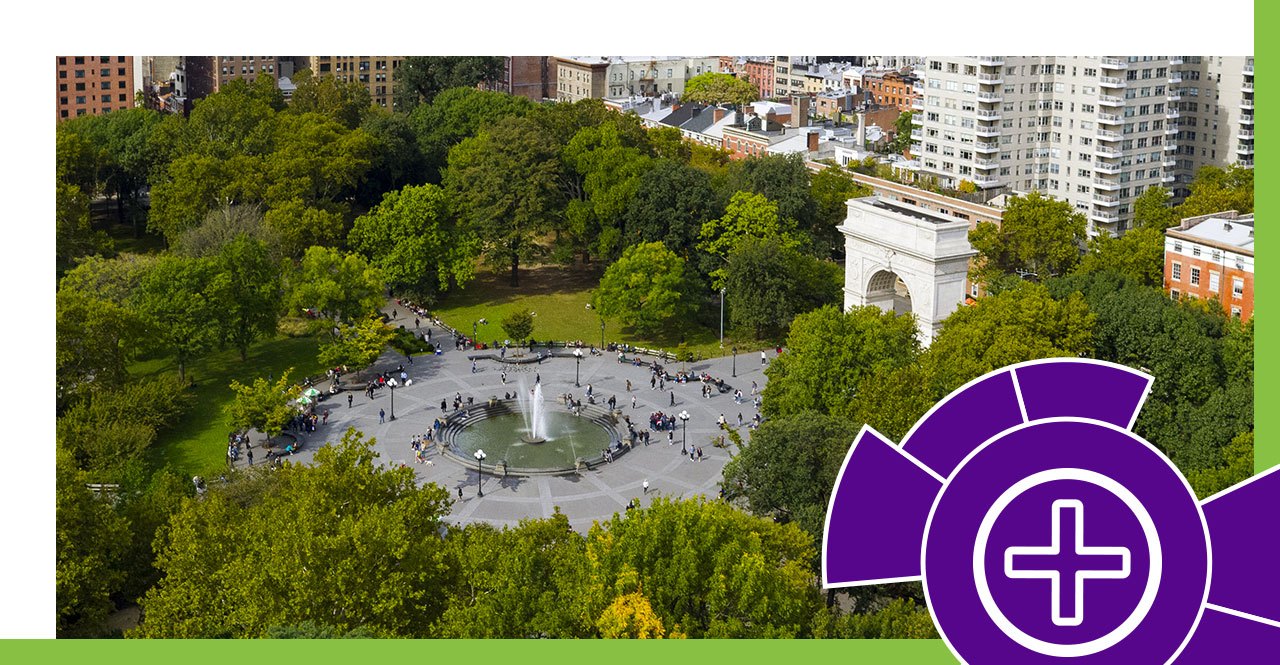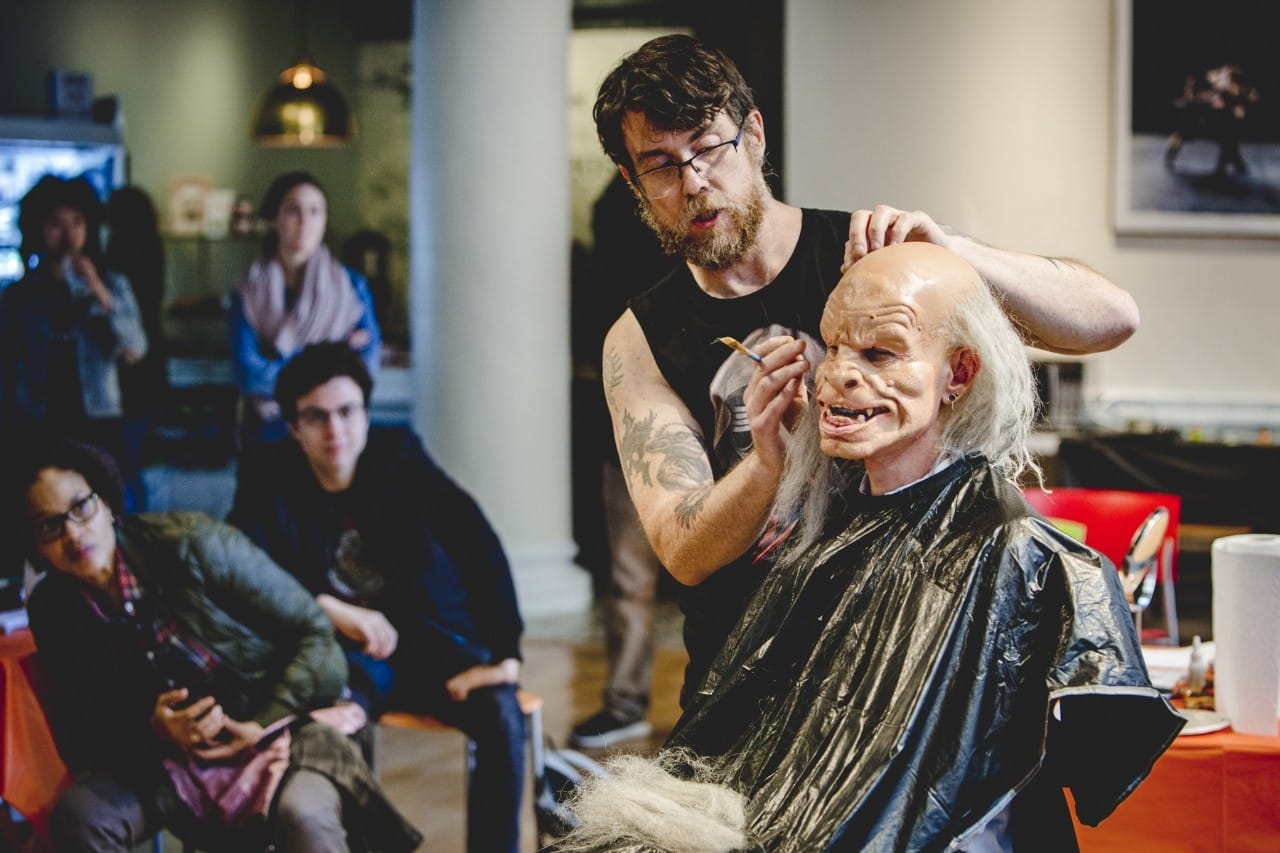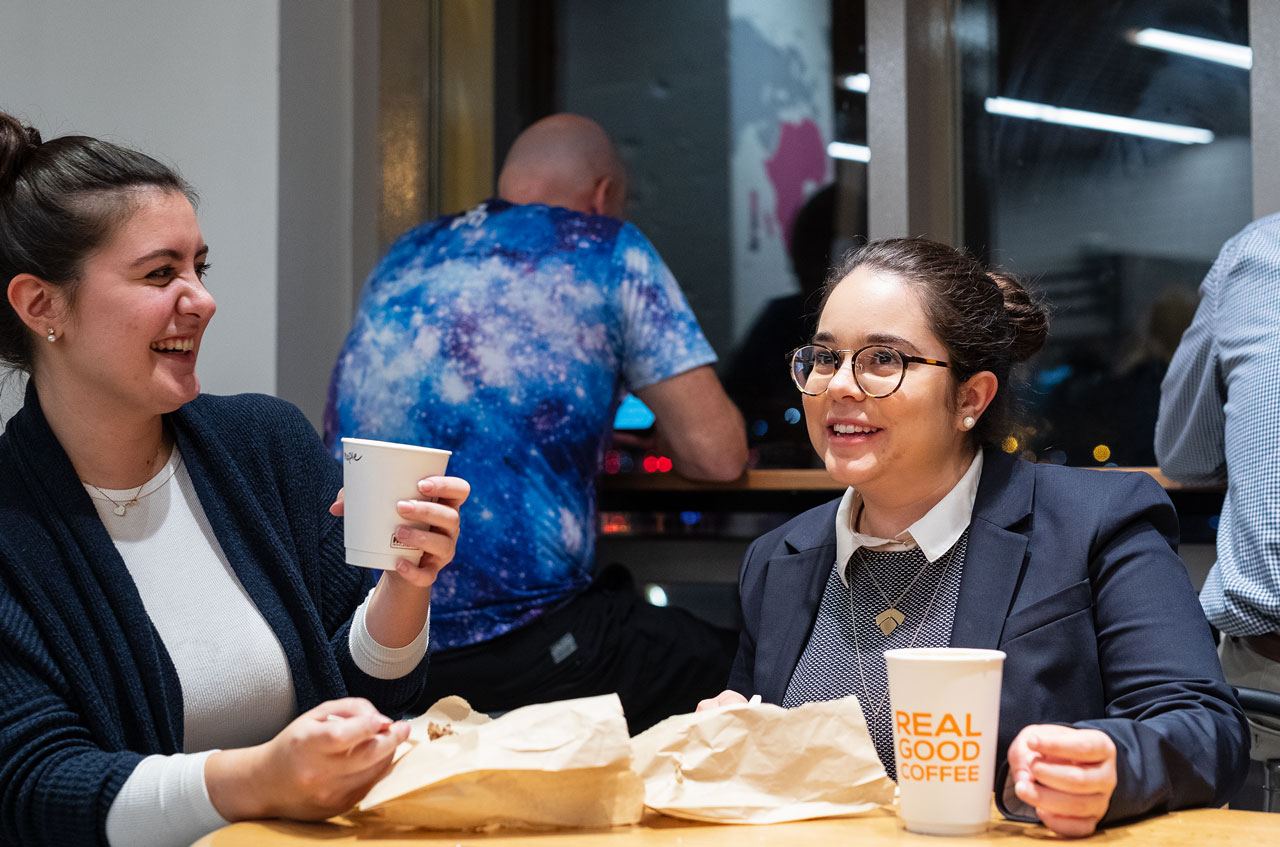Published February 18, 2021
Amplifying Voices: Native Studies at NYU
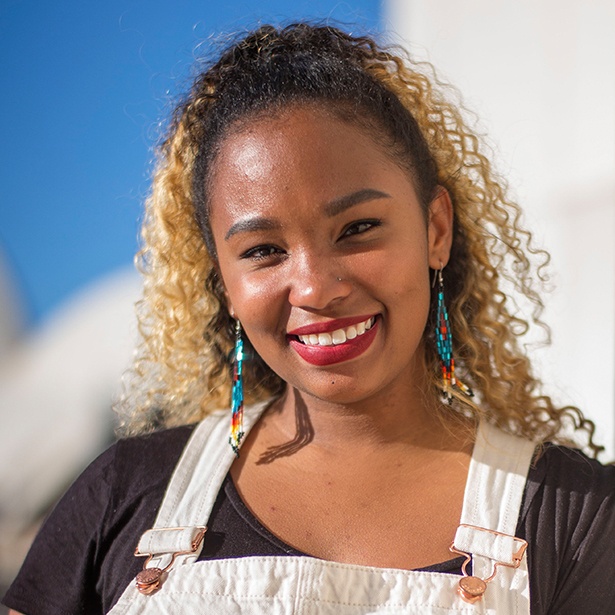
“New York City has the largest population of Indigenous people in the United States,” says Taylor Norman, an NYU Global Liberal Studies senior. “That’s something people don’t always realize, but it’s important to recognize because we’re on Lenape land,” she says.
Taylor, an Oklahoma native who identifies as Muscogee, wants to change that. She has traveled more than 15,000 miles around the world with NYU exploring the history and representation of Indigenous populations, and works to bring native and Indigenous voices to the forefront of the cultural conversation.
Despite her personal background, Taylor did not determine her path to Indigenous cultural and rights activism before college. Growing up in a small town, she knew she wanted to attend college in a big city, but not much beyond that. When Taylor learned about NYU’s Liberal Studies program—where students spend their first year abroad—she was sold on the idea. “Studying abroad was always a dream of mine, so when I found out I could spend my first year in London, my decision was made instantly.”
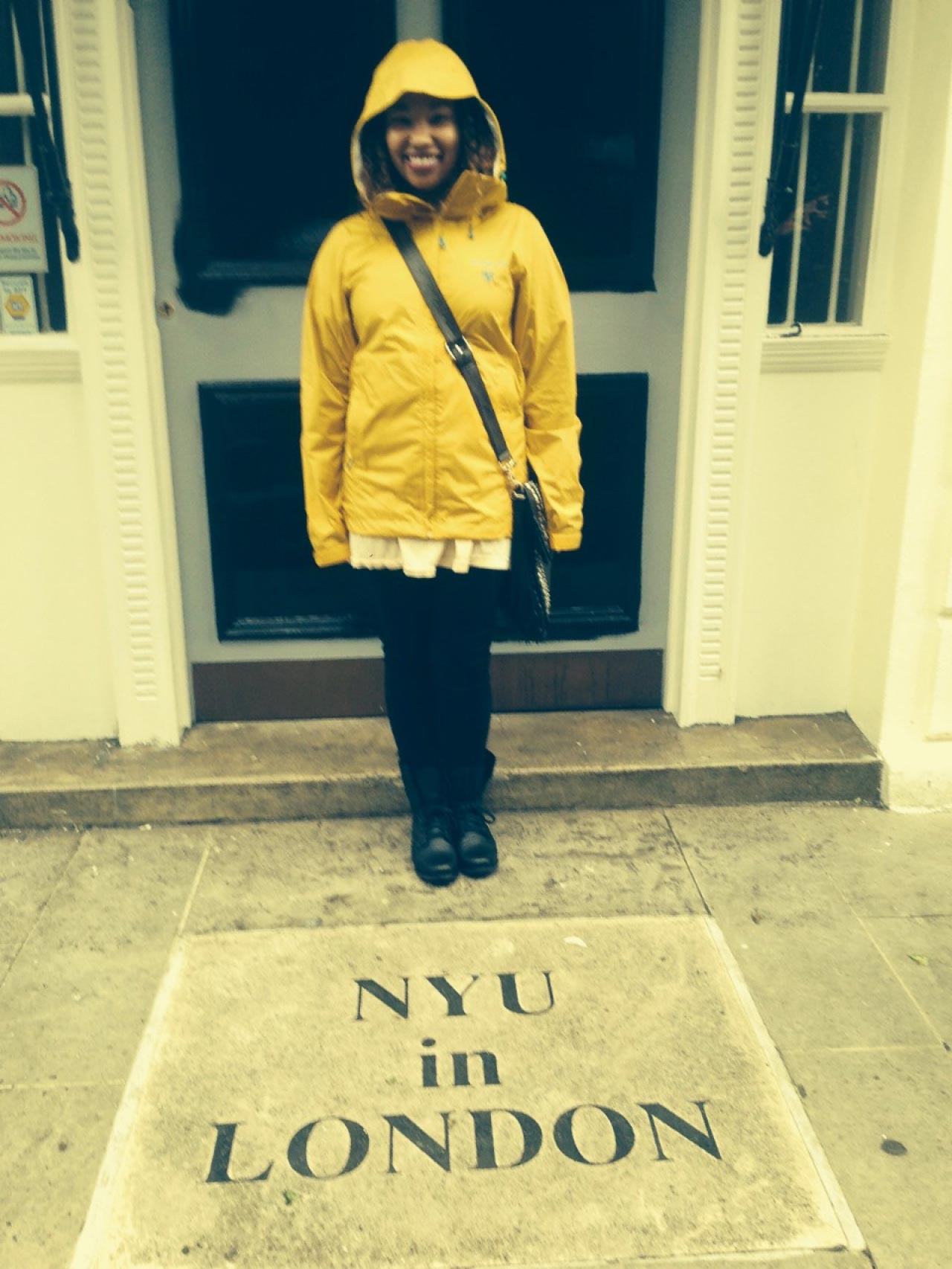
It was there—4,600 miles from Oklahoma—that she first discovered how close to home her interests were. “I took a British Imperialism class the first semester, and a class on immigration the second semester,” she says. “Those courses explored a lot of issues around the way colonial and Indigenous populations interact with each other, and laid the foundation for what I’m doing now.” After her year in London, Taylor came to NYU’s campus in New York City and transitioned into the Global Liberal Studies program, working closely with an academic adviser to design a customized course of study. “NYU doesn’t currently have a Native Studies major, but in Global Liberal Studies, I’m able to study the subject and complete a thesis,” she says.
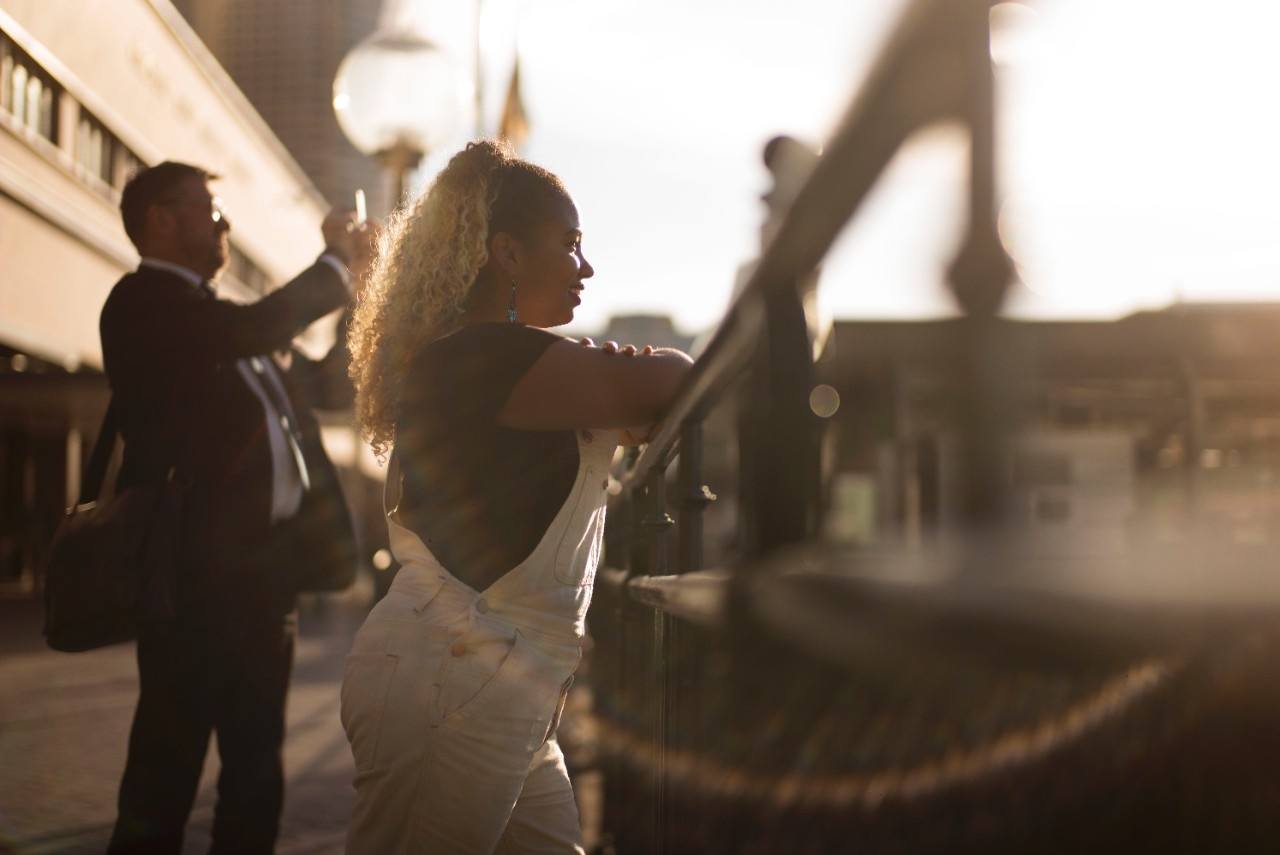
While in New York City, she also dove headfirst into a life of cultural engagement and activism. She interned at Land is Life, a nonprofit that connects grassroots Indigenous organizations with resources and financial backing. “When I interned at Land is Life, they allowed me to attend a meeting at the United Nations about Indigenous participation in the General Assembly,” she says. “There were different native leaders there, from all over the world—Fiji, Kenya, and even Oklahoma. It was such a cool experience,” she says. And she became a co-president of NYU’s Native American and Indigenous Students Group (NAISG), a group that meets weekly on the Washington Square campus to connect with local Indigenous groups, explore the work of Indigenous artists, and curate New York City’s only Indigenous film festival. “We try to spotlight Indigenous voices and expose a greater audience to the work of Indigenous artists,” she says.
Being so visible and active on campus has led to wide-ranging professional opportunities for Taylor: She formed a friendship with Rick Chavolla, the board chairman of New York’s American Indian Community House, who hosts weekly “Frybread Fridays” for the students. Chavolla accompanied Taylor and a fellow student to the Standing Rock Reservation during the winter of 2016, where they provided support and supplies to activists protesting the Dakota Access Pipeline. Taylor also met a special Native American adviser to then-presidential candidate Senator Bernie Sanders, which led to the opportunity to appear in a television advertisement for the senator.
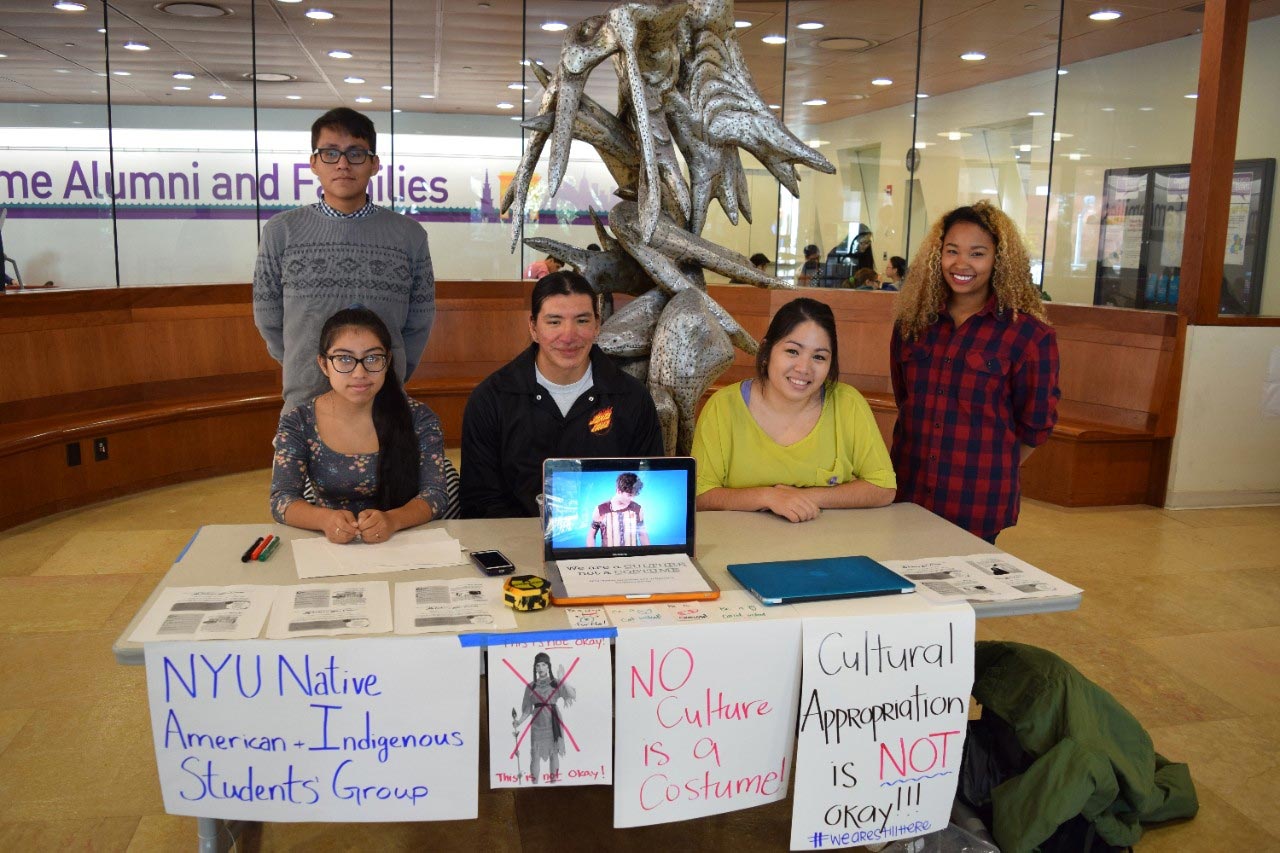
Last semester, Taylor continued her studies even farther from home during a semester abroad at NYU Sydney. “At NYU Sydney, there are a lot of Indigenous-focused courses, and I wanted to tie Aboriginal rights into my thesis,” she says. “Because I had that foundation in London, I wanted to look at places like Australia, Canada, and the United States that all had legacies of colonialism, and how that has affected Indigenous populations,” she says. Plus, because of NYU Sydney’s robust internship program, she interned at the Australian Museum in its Department of Indigenous Archaeology, where she had access to a world-class collection of art and research. Alongside the museum’s Aboriginal programming team, Taylor helped plan and organize various events that focus on Aboriginal arts and issues.
Now back in New York City for her senior year, Taylor’s final project with NAISG—the creation of a Native Studies minor at NYU—is starting to bear fruit. The program recently received the first stage of administrative approval and enrollment will be available next spring. “Native students often want to study our own history and our own people, and it’s important for a big urban university to offer that,” Taylor says. “Native studies covers history, politics, the sciences, psychology, and feminism,” she says. “I say that I do native studies, but I can’t even cover all that native studies is, because it’s everything.”
